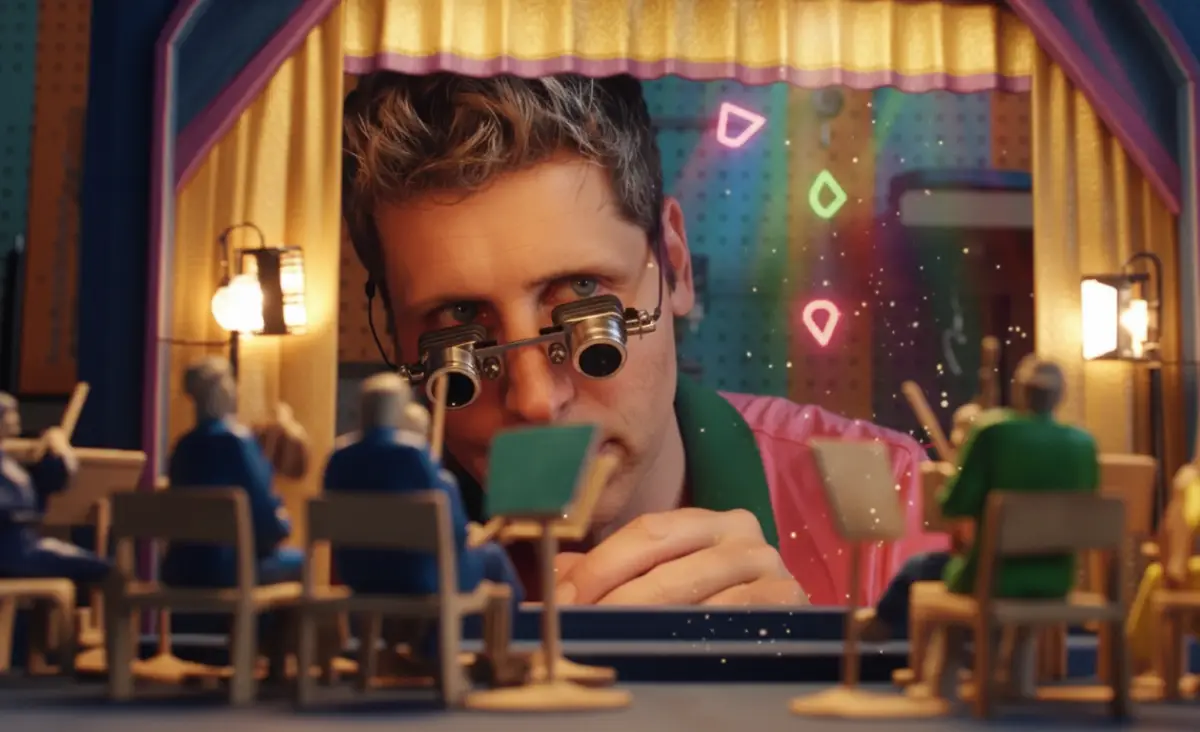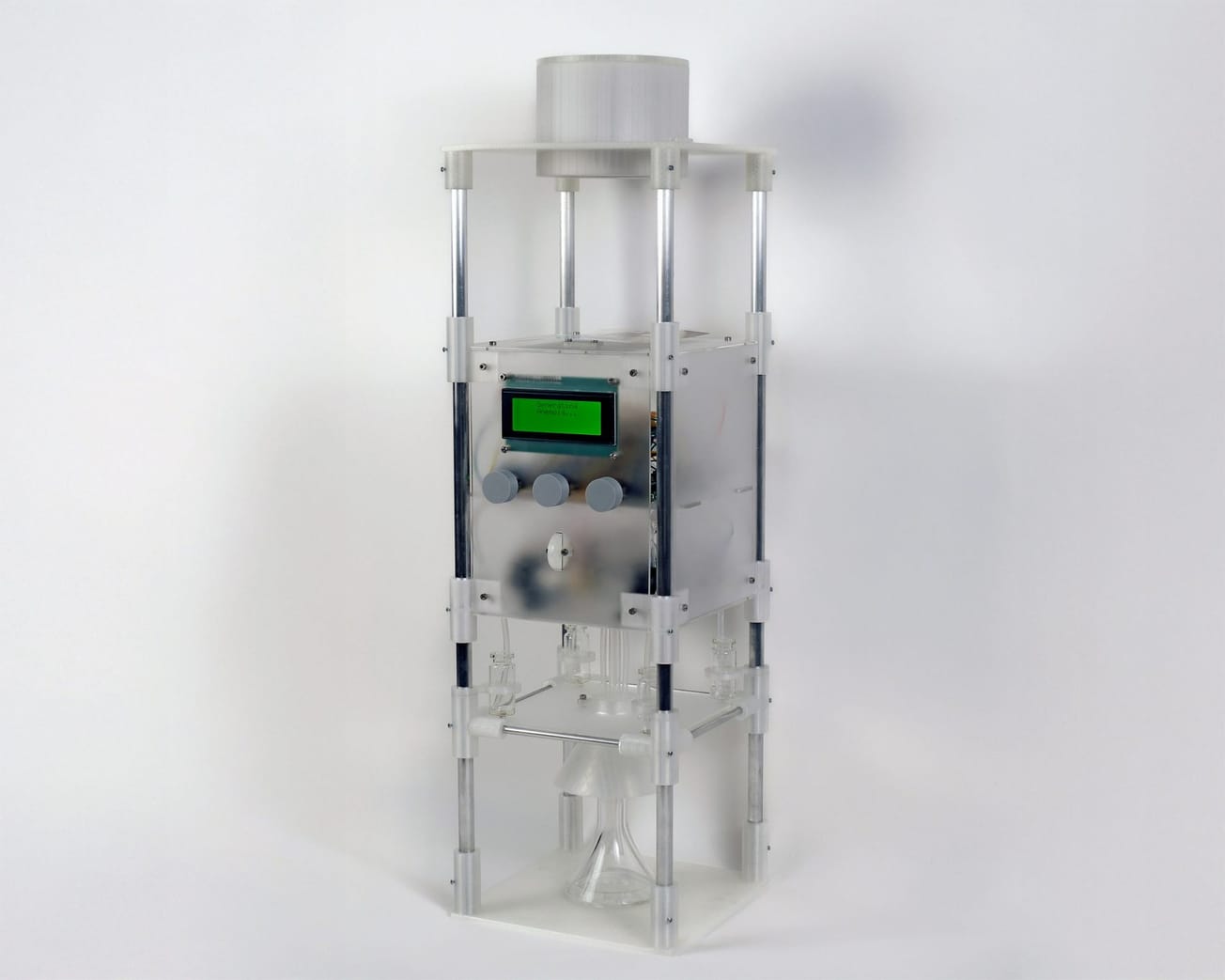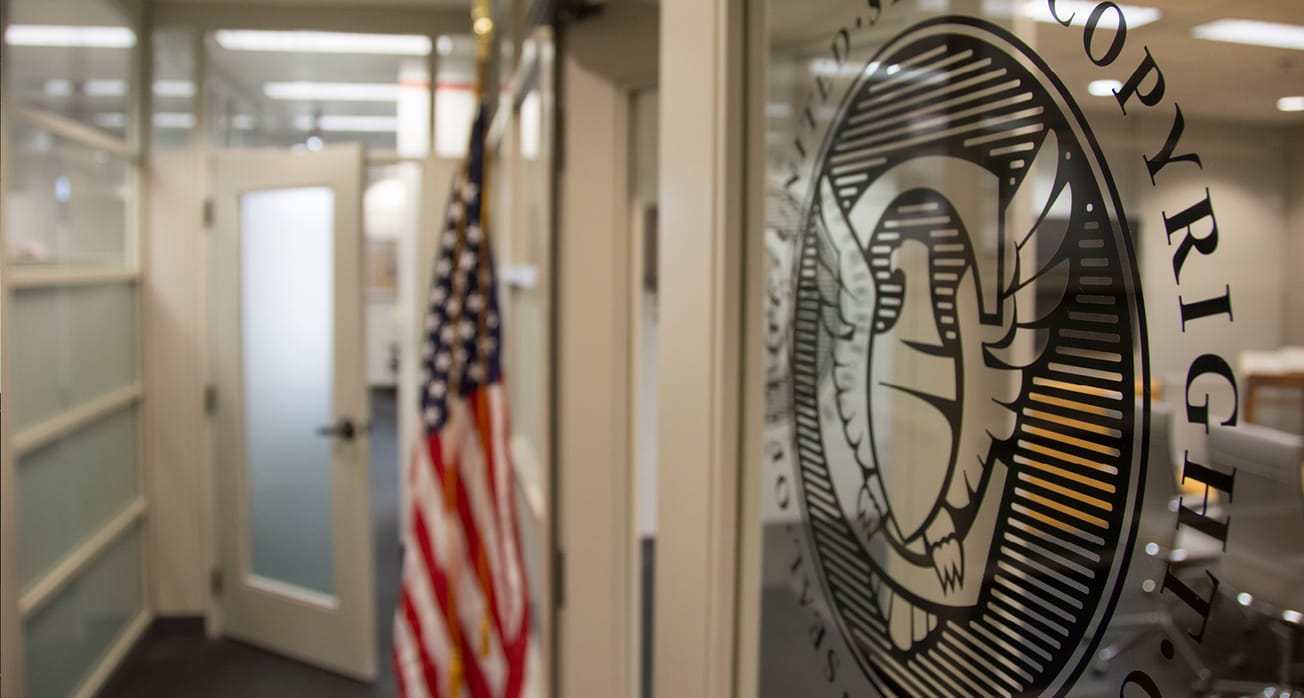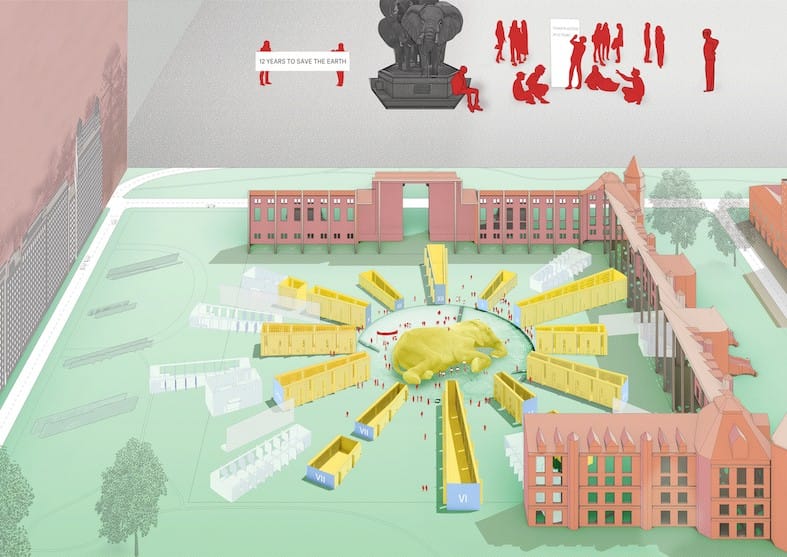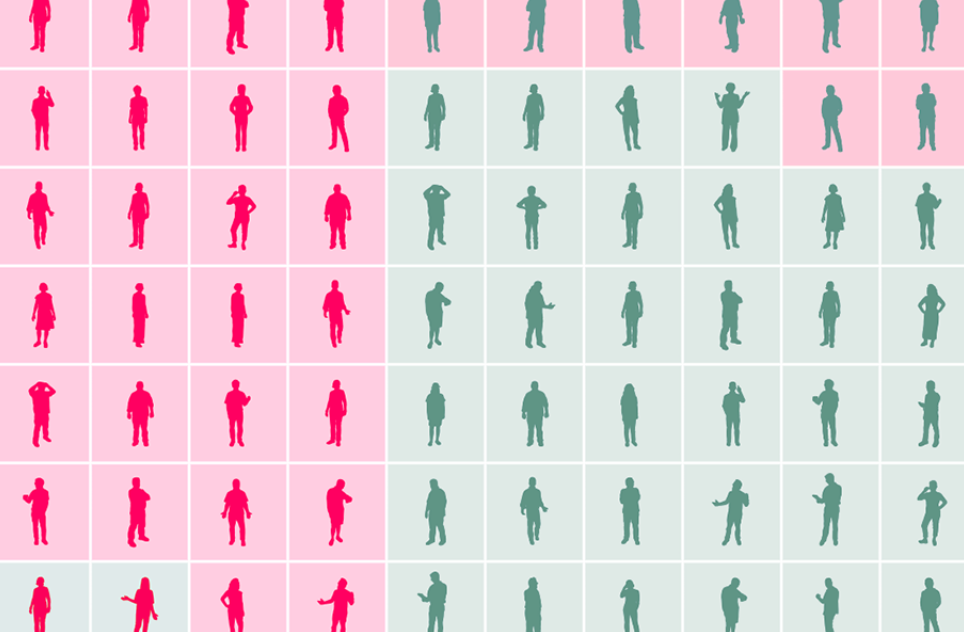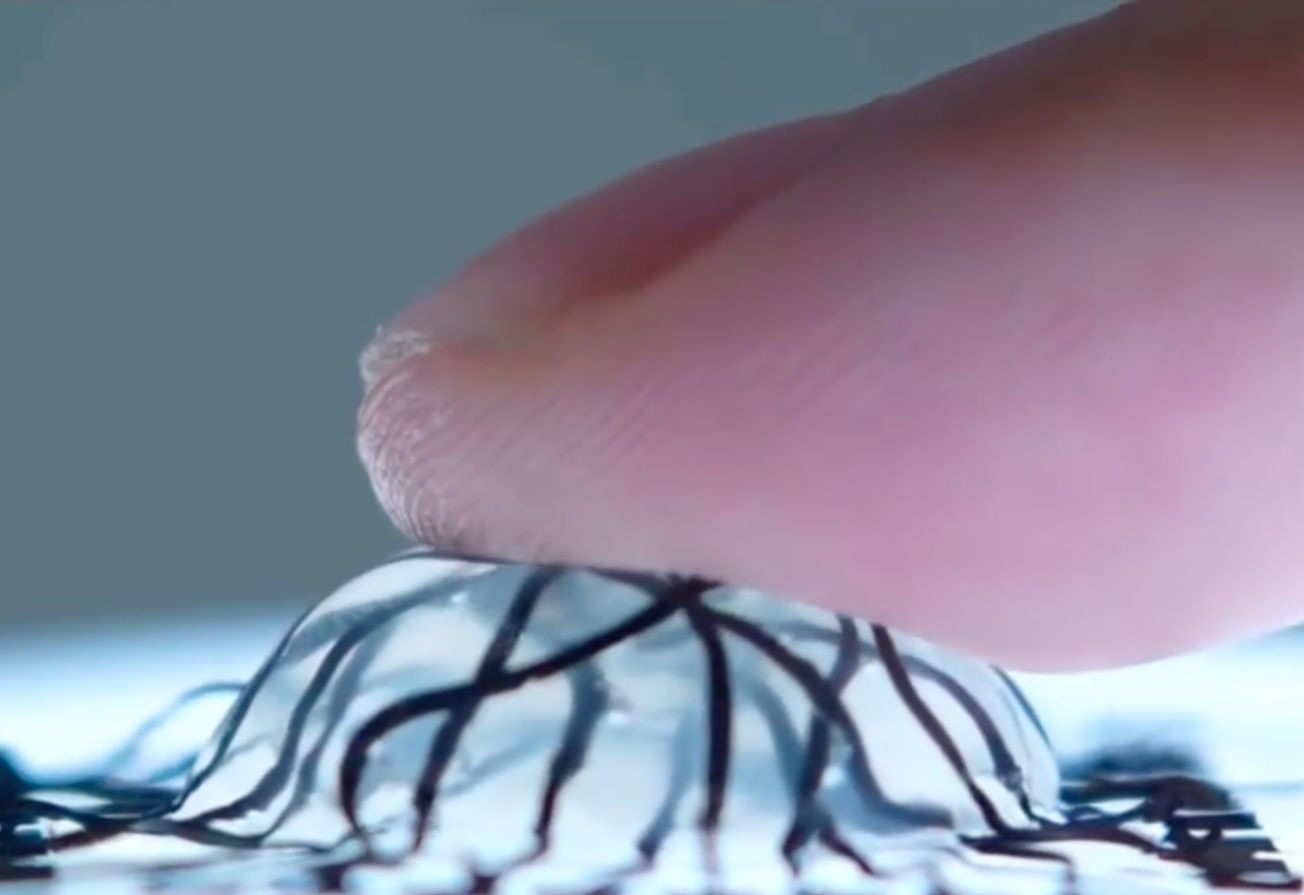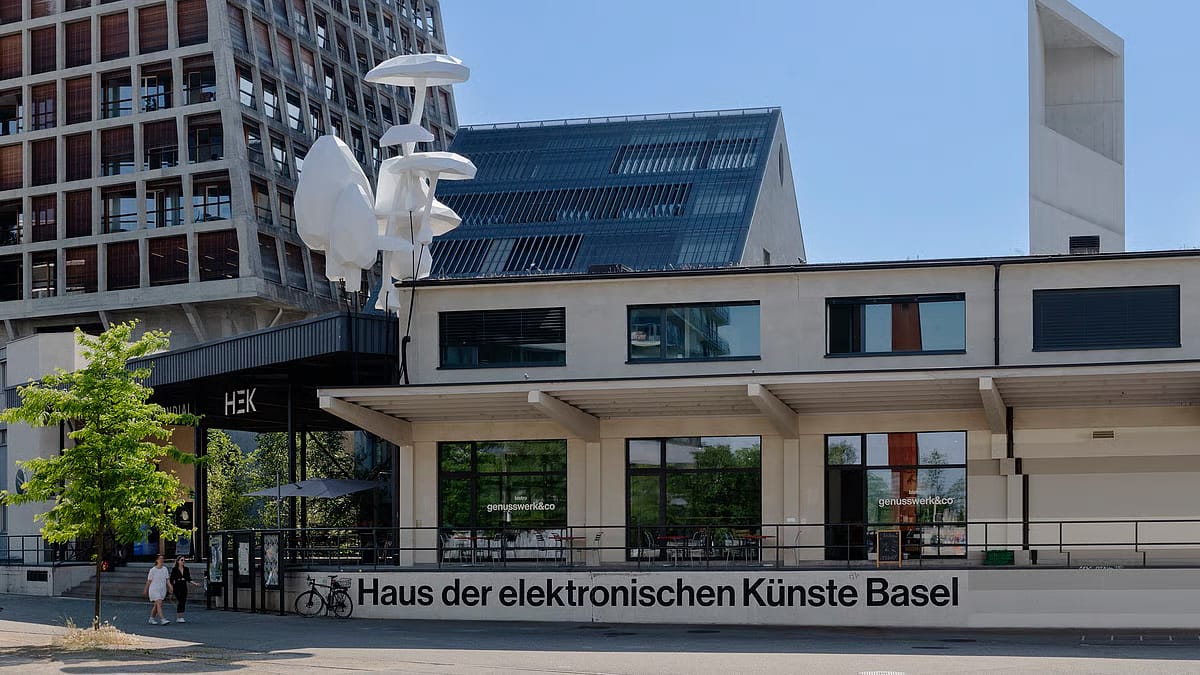OpenAI has launched Sora, an AI-powered video app that allows users to generate short clips featuring lifelike versions of themselves or their friends. Built on the company’s Sora 2 model, the app lets users record brief facial and vocal samples to create realistic digital avatars that can perform scripted scenes or respond to prompts.
While OpenAI frames Sora as a creative tool for personal expression and entertainment, the platform immediately reignited debates over consent and copyright. The app’s early access terms indicate that content from public datasets—potentially including copyrighted material—was used to train the model. That disclosure prompted criticism from artists, filmmakers, and legal analysts who argue the company’s opt-out approach shifts responsibility onto creators rather than the AI developer.
OpenAI says Sora includes safeguards against non-consensual or harmful use, such as restricting explicit or violent content and notifying users when their likeness is used in another video. Still, questions remain about ownership: who controls a likeness generated by AI, and what happens when digital identities become remixable assets?
Sora’s release marks a major step in consumer-facing generative video, but also underscores a larger reckoning—where creativity, consent, and copyright are no longer clearly distinct.

